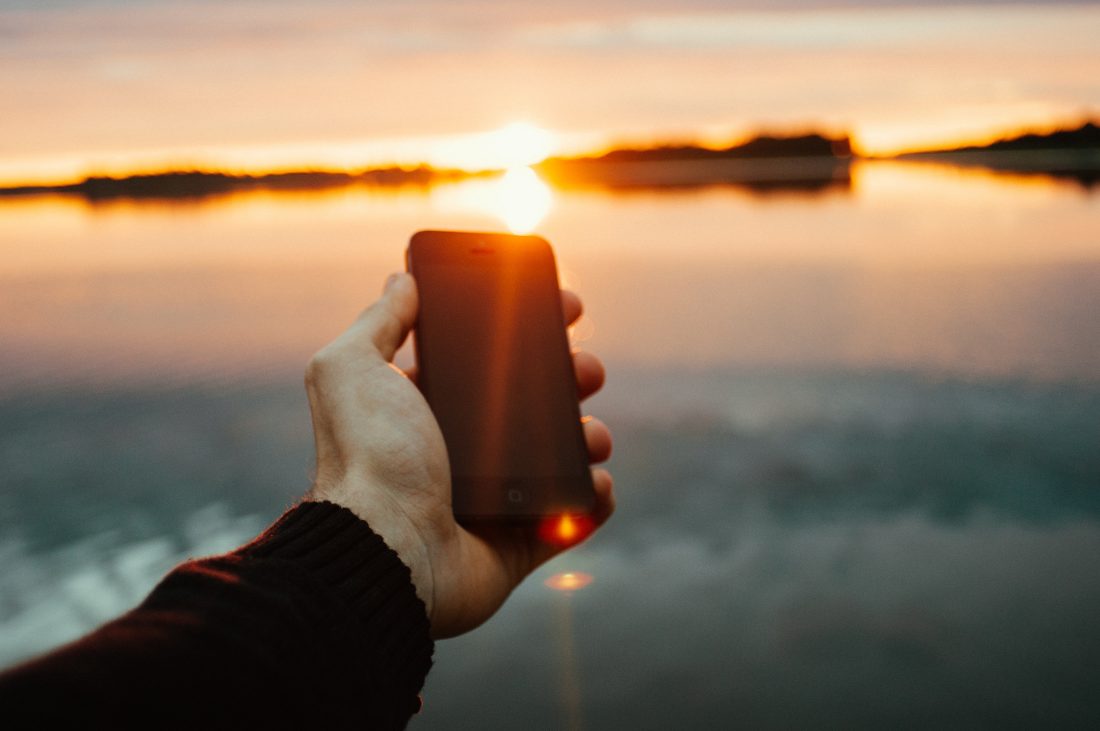Similarly to most of the Gen. Z population, I use technology. It’s an irrefutable part of my life that facilitates payments, enhances my studies and cripples my productivity. Reducing my digital consumption has been on my radar for some time and I intend to use this challenge as my digital reset.
Before starting this challenge, I anticipated a few issues and I had to establish some ground rules:
- Firstly, my detox was defined as a ban on internet access. The one exception was access to my email account.
- I was able to access offline documents to complete any university work or watch live television in a group setting.
- Finally, in order to least disrupt my studies, I decided to undertake this challenge whilst I was visiting my home country and not during term-time.
Before the experiment, I would’ve underplayed my reliance on technology. I don’t have accounts with many of the popular social media platforms; I prefer talking over texting and I don’t have Netflix (or an equivalent account). Despite all this, I loathe the amount of time I spend online and this challenge was my catalyst for a lifestyle change. I don’t want to give an exact recollection of my internet-free day but instead, share some insights and outcomes from the challenge.

As I awoke on the first morning of my visit, I was not abruptly awoken by the alarm blaring from my android, but when my body felt well-rested. As I slept without my phone, I was unable to check the time after waking. The level of anxiety that this provoked was surprising, nevertheless, this was easily remedied by checking the time on the kitchen clock. Without my phone, I was significantly happier and present, yet slightly on-edge with a small – but noticeable – level of anxiety bubbling under the surface.
Without the ability to reach my phone during the day, my reliance was slowly revealed to me. It was the anxiety that accompanied the detox which was surprising. I was unable to check the time and measure my level of productivity against the hours I had been awake. In addition, not being instantly accessible also created this feeling of unease. It was as though a piece of me was missing and I realised that my phone is an extension of myself and my identity.
Throughout the day, I met with friends, went on a long walk with my family and generally socialized. In the evening, we watched a 25-minute TV show together before saying goodnight and going to bed. Being so exhausted, I fell straight asleep. This is an unusual occurrence for me and I don’t want to contribute my lack of technology as the only factor, however, I don’t want to completely disregard it either.
Doing this challenge also made my trip home more memorable. We took a few photos over the course of 5 days but I was very present. I didn’t respond to texts and – although I kept my phone nearby – I didn’t feel the need to habitually respond to every notification. Even after my challenge, I kept my phone on silent to avoid the temptation and I left it at home whenever we went out.
The challenge truly prompted me to consider the negating effects technology is having on my health and productivity. Personally, I believe that spending time alone on a device for a prolonged period of time is incredibly isolating and unhealthy. I am currently on international exchange and I have found that it is too easy to use technology to distract myself if I am feeling particularly stressed or unhappy. This unhelpful habit started when I bought my first mobile and it has only become more ingrained as technology and I have grown and developed together.
Our symbiotic relationship has ominous undertones and I don’t want an intense and all-consuming relationship to dominant my life. This digital detox was the reset button to restore balance.
By Anna Brown – Content Committee

